We rely on our central heating system to work effectively 24 hours a day, especially with Britain’s temperamental weather and often take it for granted that it’ll be there to provide heat when we need it. So when the worst happens and your boiler breaks down it can be frustrating and worrying.
When you’re facing a boiler breakdown, the question arises, “Should I call a plumber or a heating engineer?”, which leads to “are plumbers and heating engineers the same thing?” When the pressure is on to stop a boiler leak or restore heating to your house, knowing who to call can make all the difference.
On the surface, the role of a plumber and a heating engineer can appear quite similar but there are key differences.
Can A Plumber Repair My Boiler?
A plumber can work on your heating system and bathrooms with tasks including changing radiators, fitting thermostatic radiator valves (TRVs), and fitting towel rails. They can complete repairs to pipework, taps, toilets, showers, gutters, water tanks, radiators, and the list continues.
While plumbers may be highly experienced in the full range of plumbing services, they are not necessarily qualified to work on a gas boiler. Dealing with leaky pipes, dripping taps, and dishwasher installation doesn’t translate into safe or effective boiler work.
Some plumbers can be Gas Safe registered, but this isn’t an element of their plumbing qualifications. If you find a plumber also offering gas central heating services, check the Gas Safe Register to make sure that they’re legally permitted to work with gas.
Call A Plumber If:
- You need blockages removed from water pipes.
- You’ve got water leaks that need to be inspected and repaired.
- Your toilet isn’t flushing correctly or it’s overflowing.
- You’re having issues with drainage throughout the house.
- You need assistance installing or maintaining water-based appliances, like washing machines.
- You’d like a new bathroom fitted or serviced.
Can A Heating Engineer Repair My Boiler?
A heating engineer will work solely on heating in domestic and commercial properties rather than working across various disciplines, making them specialists in heating. For this reason, you may prefer to contact a heating engineer rather than a plumber, as they may be more familiar with your issue.
Heating engineers are experts on fixing boilers and can complete tasks including installing new boilers, repairing boilers, running new gas pipes, fixing gas leaks, changing radiators, fixing leaks, and installing heating controls.
Again, you should still ensure that your heating engineer is Gas Safe registered before allowing them to work on your boiler.
Call A Heating Engineer If:
- Your radiators are providing no heat.
- Your heating system is making unusual noises.
- Your central heating isn’t reaching the correct temperature.
- You suspect there are issues with your thermostats, vents, or hot water cylinders.
- You’re having an emergency with your heating system and it isn’t working at all.
- You’d like a check-up or a service for your central heating system.
Are Plumbers Gas Safe Registered?
Plumbers can register as Gas Safe engineers. After all, heating and plumbing jobs are incredibly varied and require different skill sets. Of course, some tradespeople will do everything, but most tend to specialise.
An experienced heating engineer skilled in repairing boilers may not get involved in heating system work. At the same time, a plumber that specialises in bathrooms may carry out radiator swaps while avoiding boiler repair.
A boiler repair involves working with gas, so only Gas Safe registered engineers can legally work on a gas boiler. The most significant difference between a plumber and a heating engineer – traditional plumbers don’t need to have any Gas Safe qualifications.
The gas industry is highly regulated to ensure that relevant services are provided to the highest safety standards. Whoever you choose to contact, you must make sure that only Gas Safe engineers are dealing with your boiler repair.
Kiasu Workforce use only Gas Safe Registered engineers to carry out our boiler maintenance, servicing and repairs. So get in touch with our team today to benefit from our central heating and boiler services.
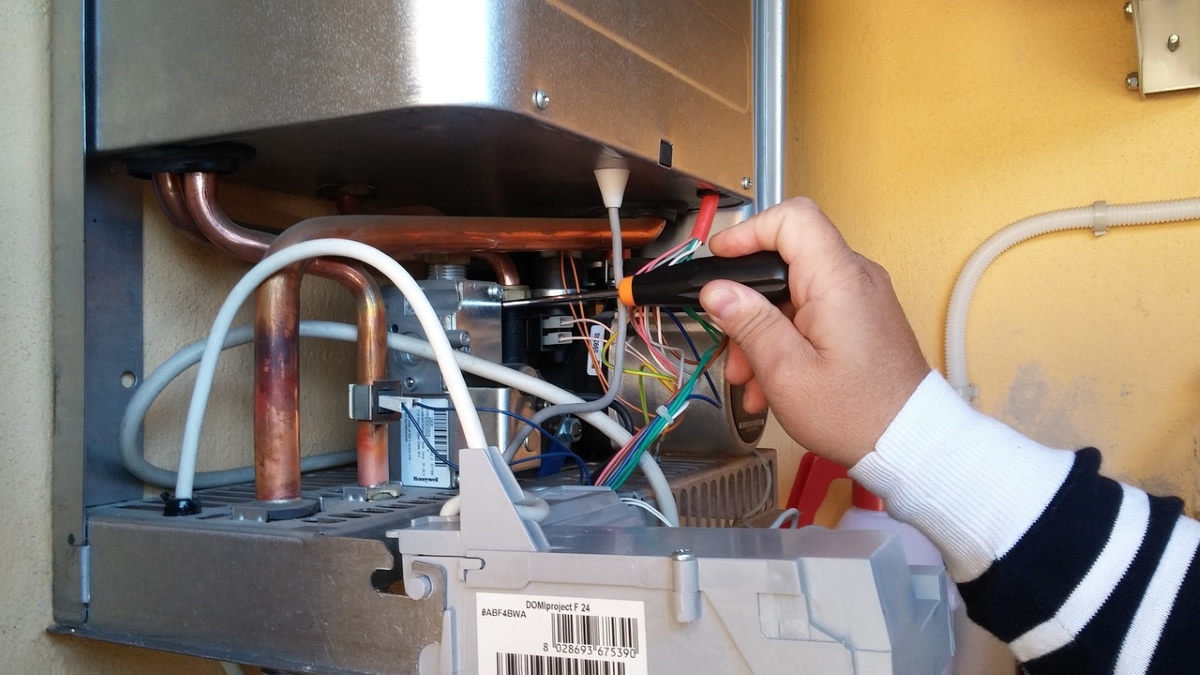
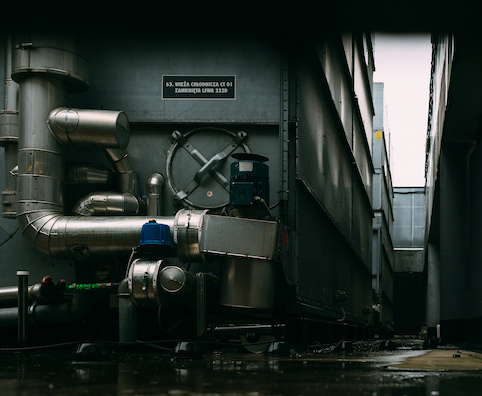
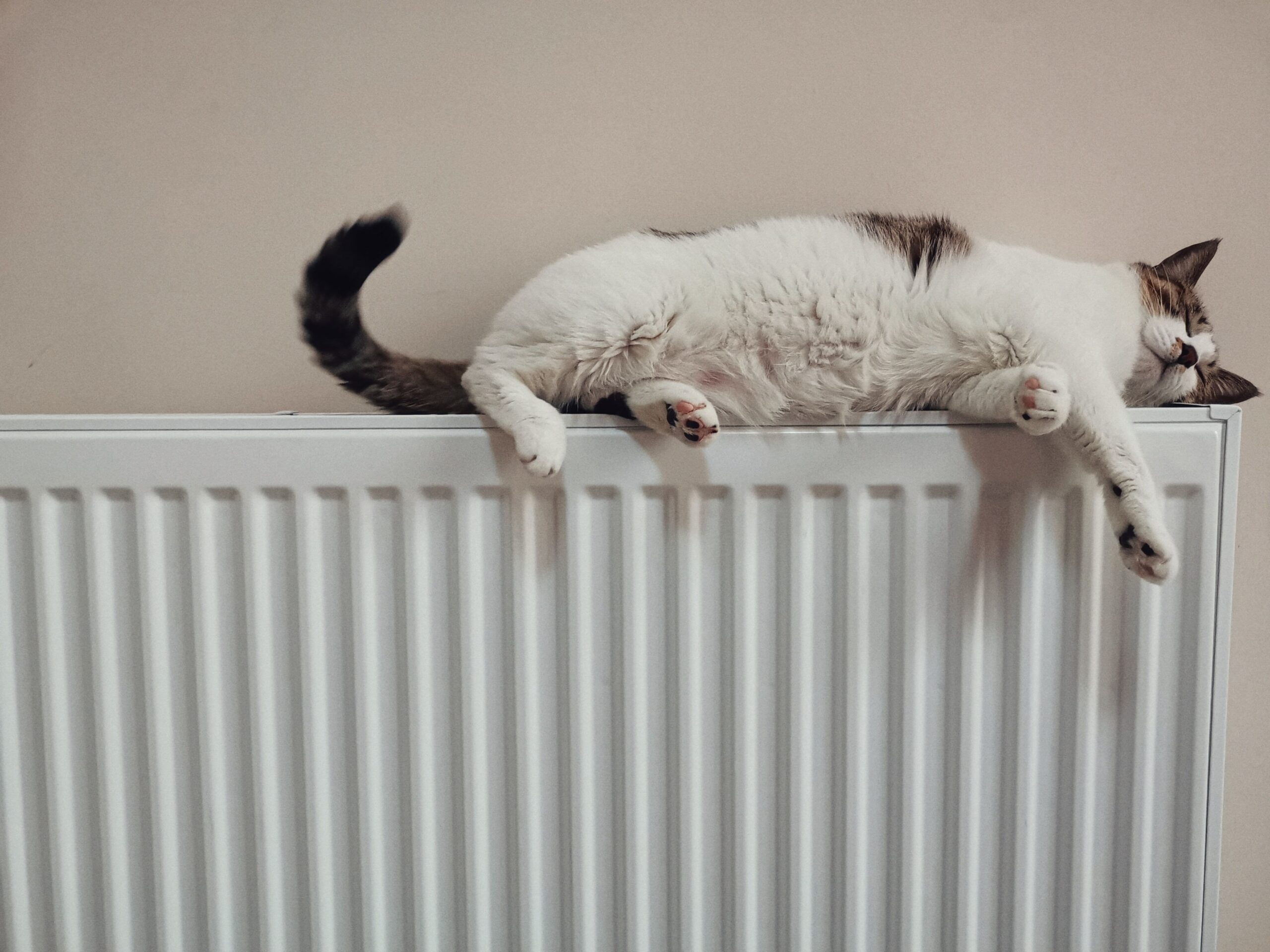
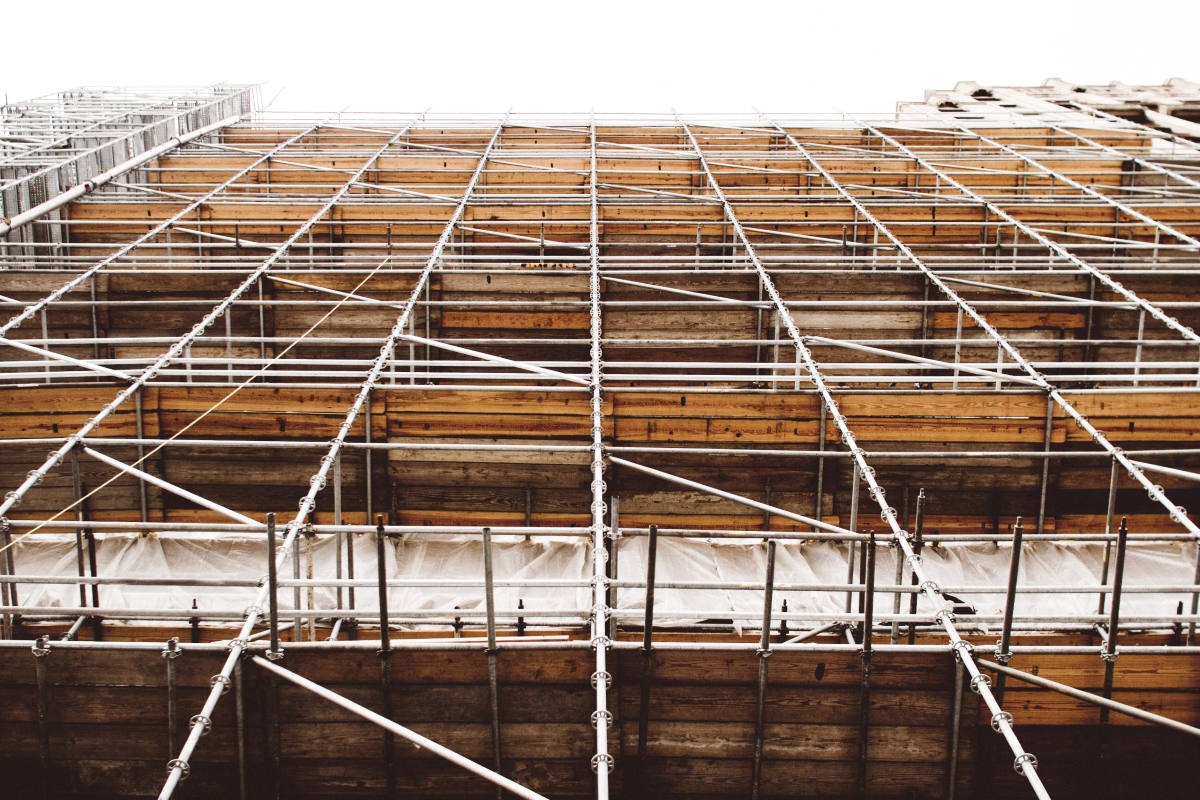
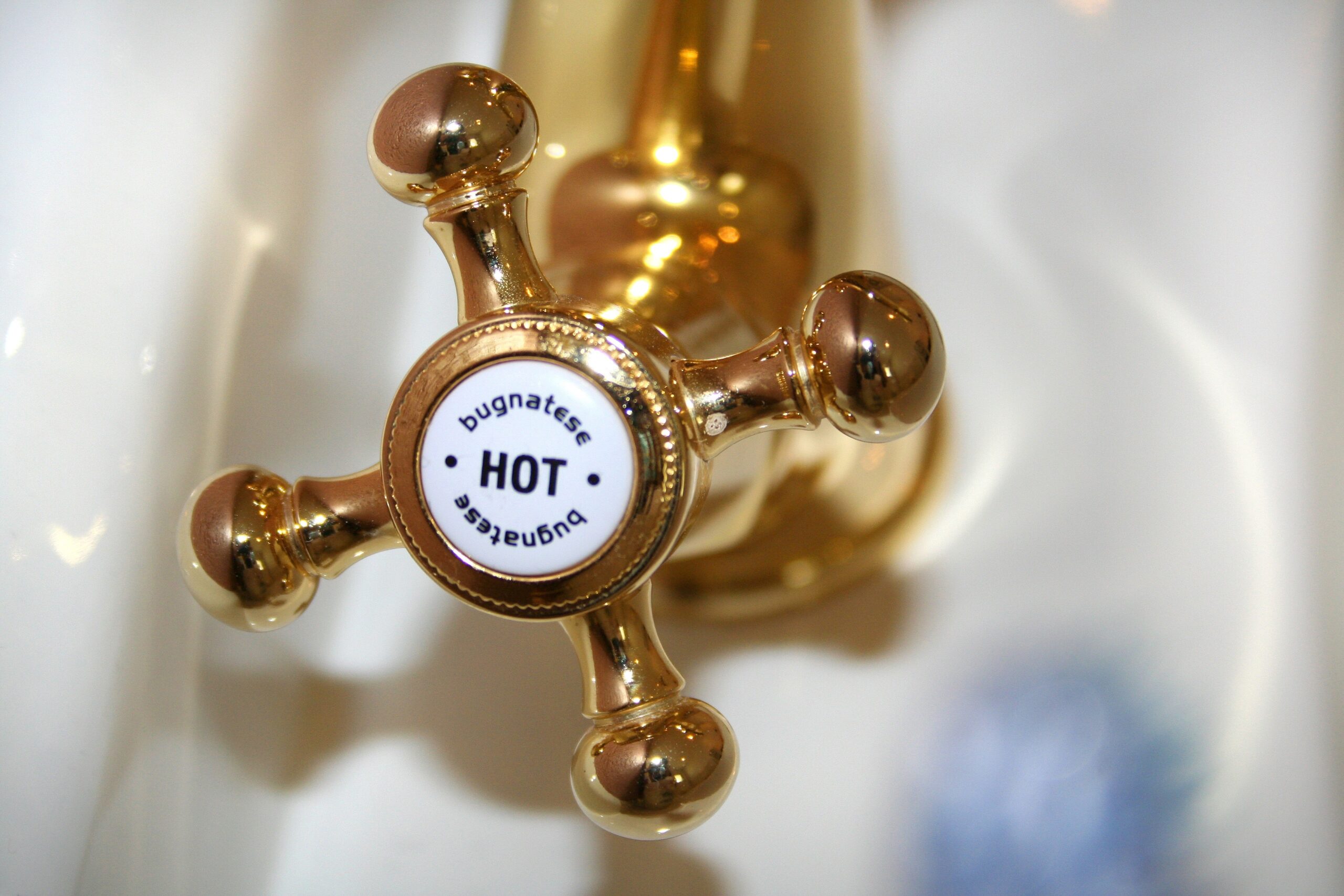
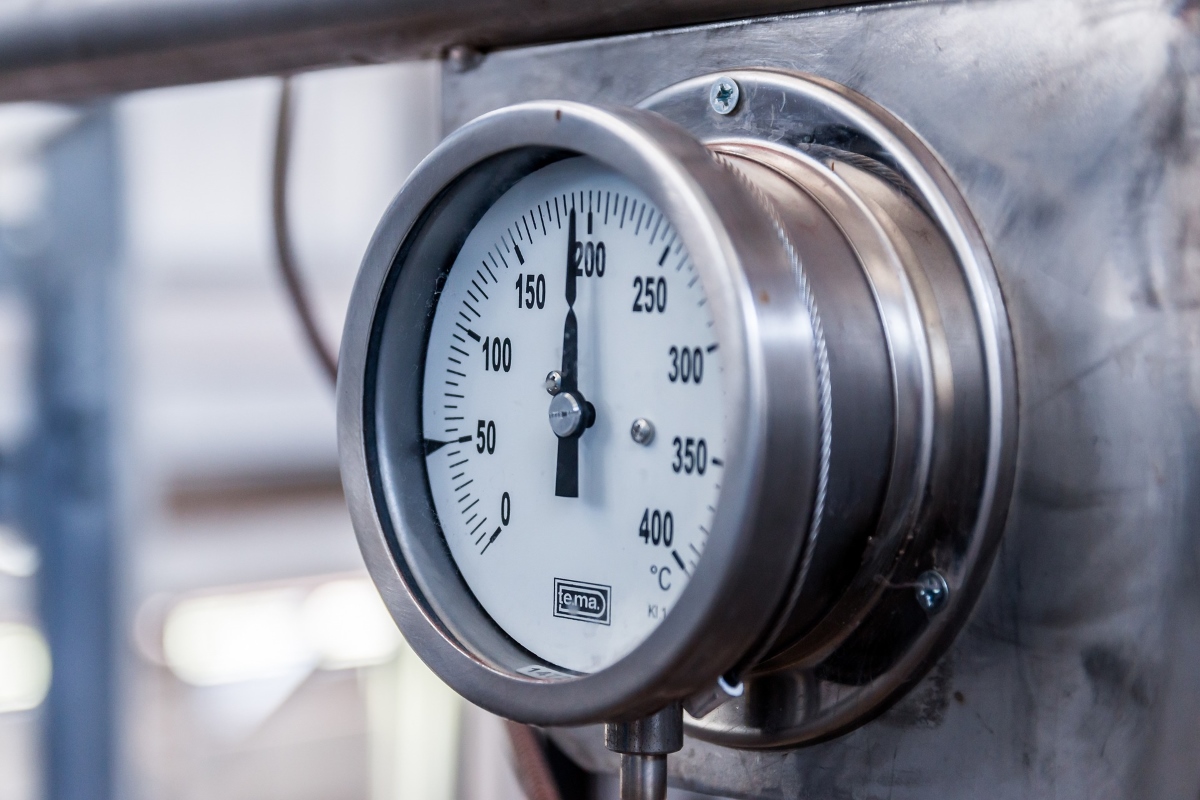
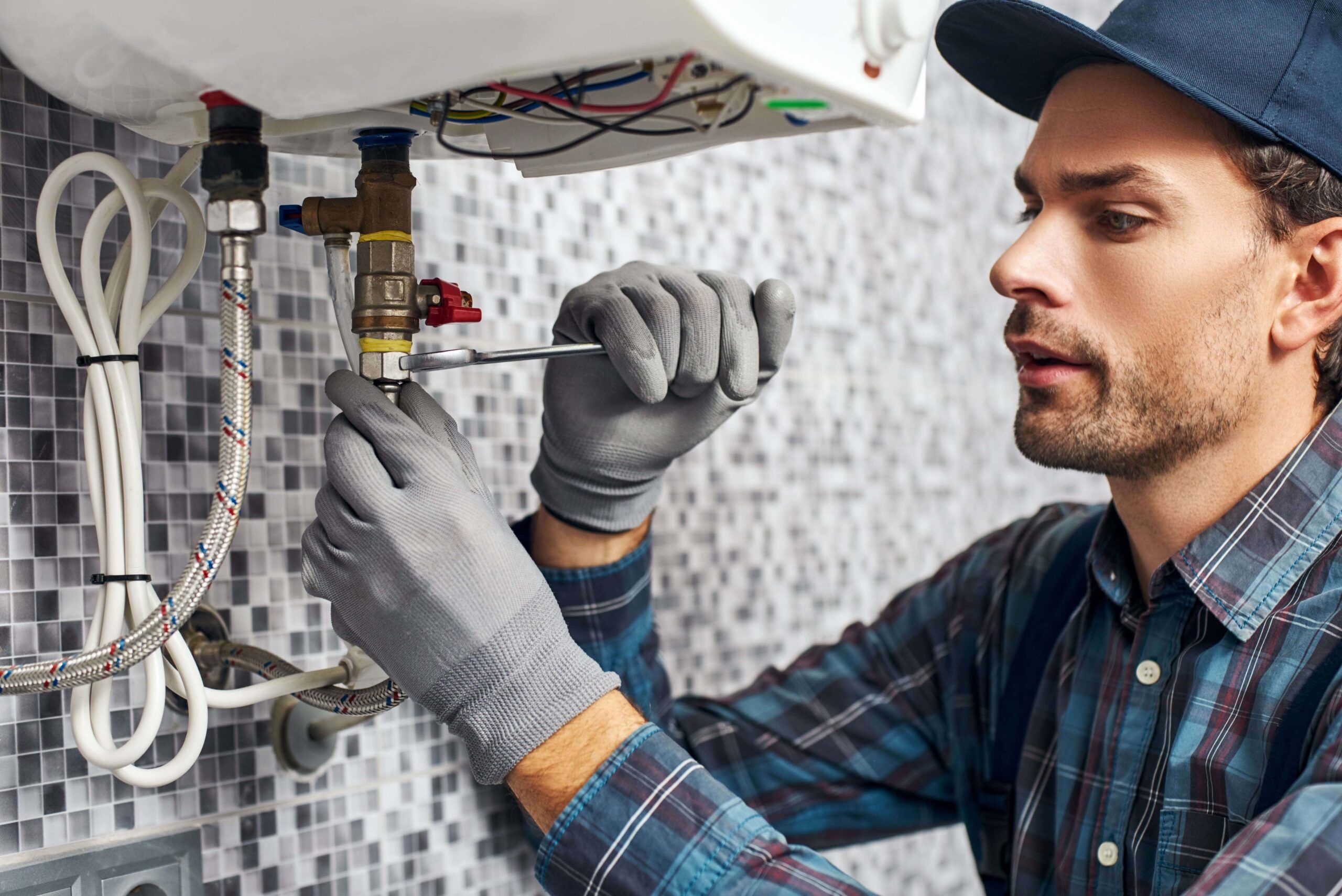
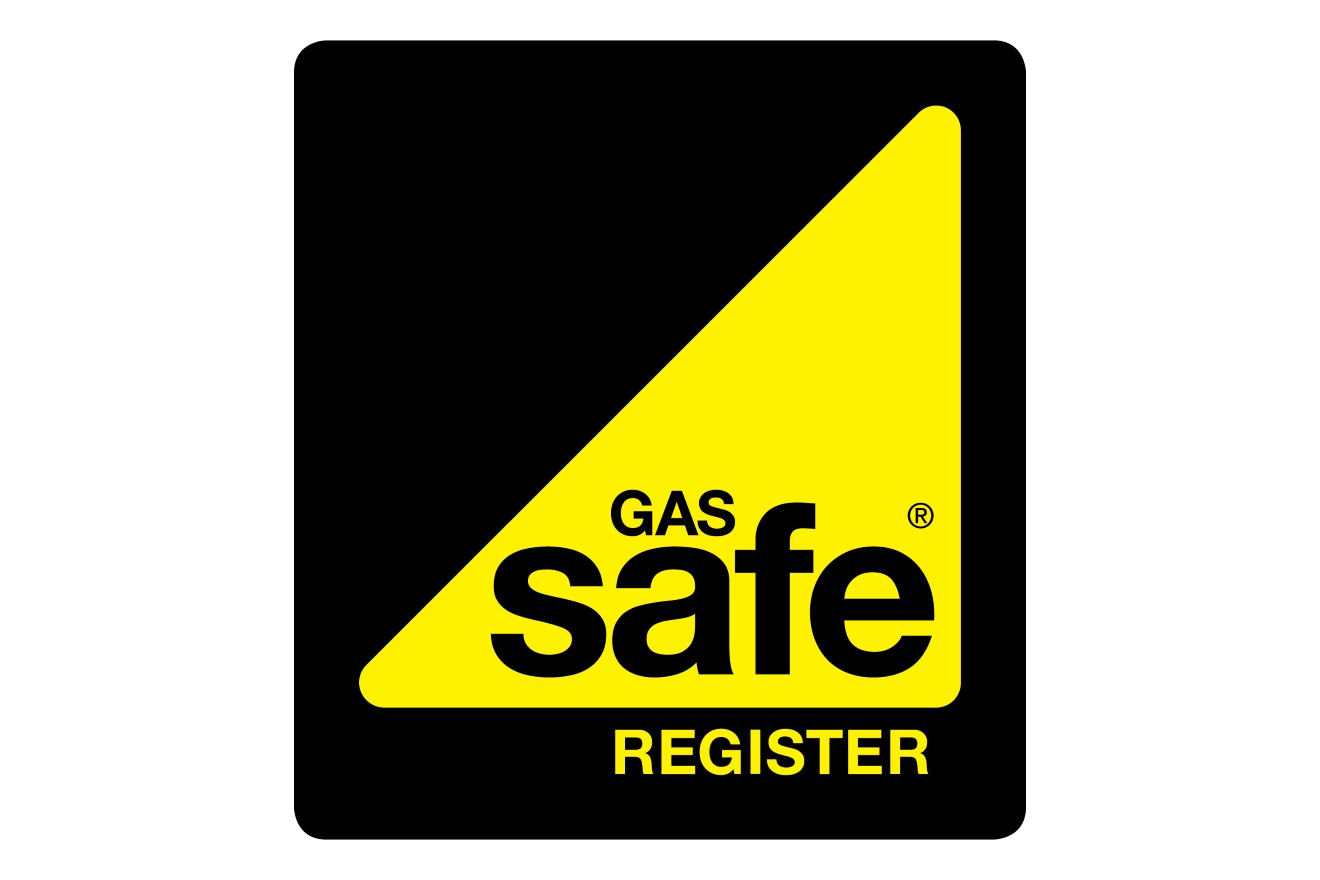


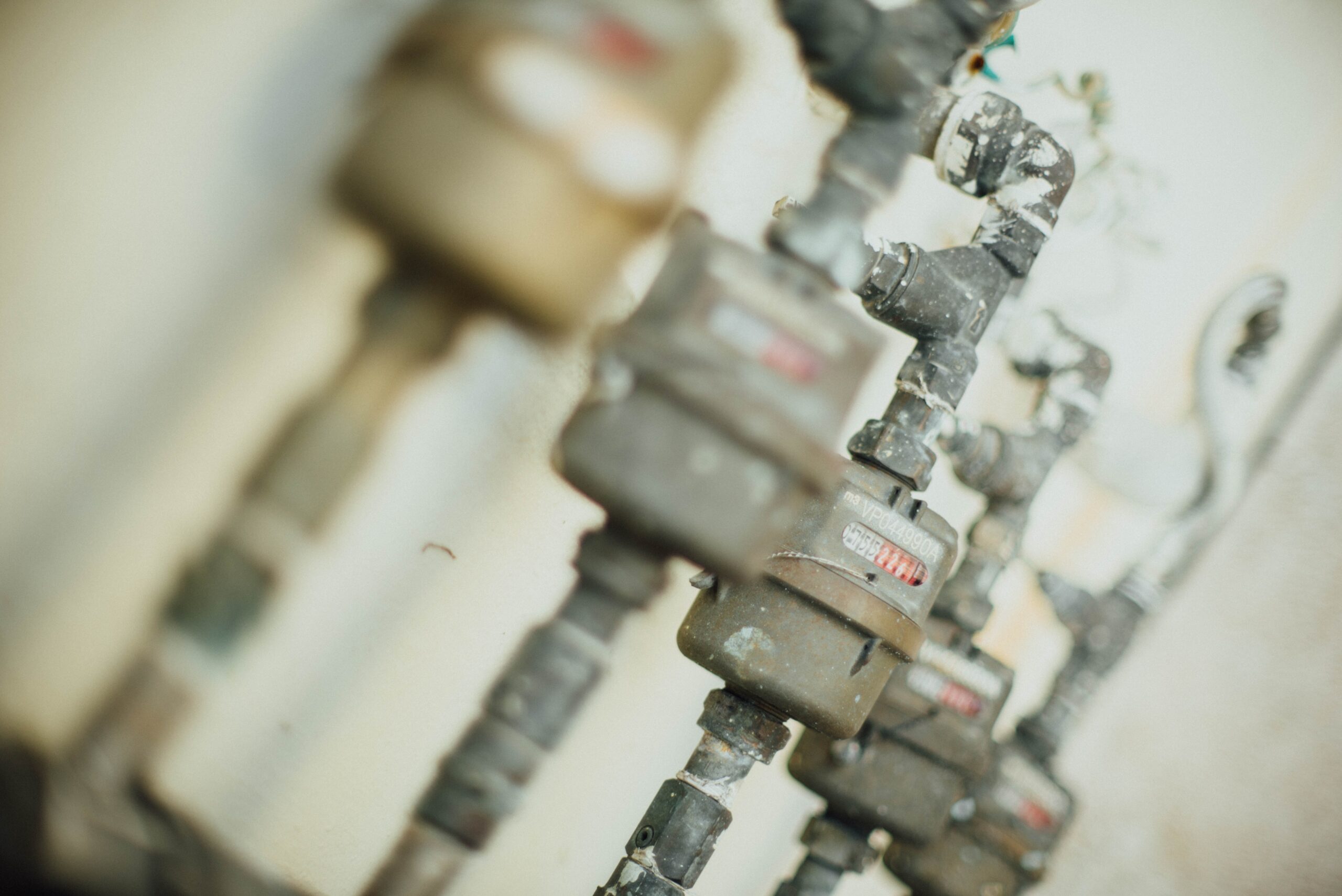

 The Internet of Things, or IoT, essentially refers to the collection of devices which are connected to the internet, functioning without user input in most scenarios. This connectivity allows devices to communicate with sensors, other devices and systems outside of the device.
The Internet of Things, or IoT, essentially refers to the collection of devices which are connected to the internet, functioning without user input in most scenarios. This connectivity allows devices to communicate with sensors, other devices and systems outside of the device.
